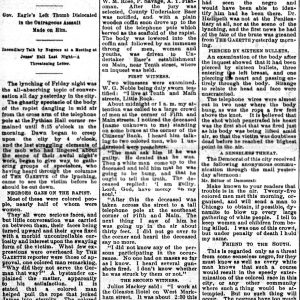 James Lynching Article
James Lynching Article
Entry Category: Early Twentieth Century - Starting with J
 James Lynching Article
James Lynching Article
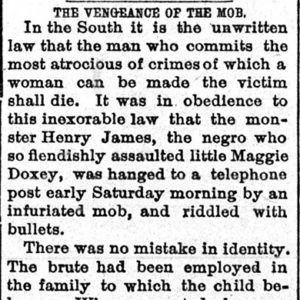 James Lynching Editorial
James Lynching Editorial
Jameson, Jordan (Lynching of)
Jeannette, Gertrude Hadley
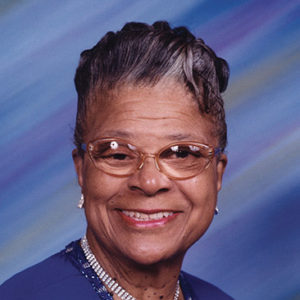 Gertrude Jeannette
Gertrude Jeannette
Jetton, White (Lynching of)
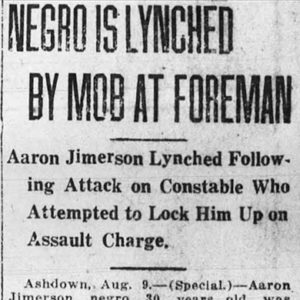 Aaron Jimerson Lynching Article
Aaron Jimerson Lynching Article
Jimerson, Aaron (Lynching of)
Johnson, Henry (Lynching of)
Johnston, Lewis Harrison (L. H.)
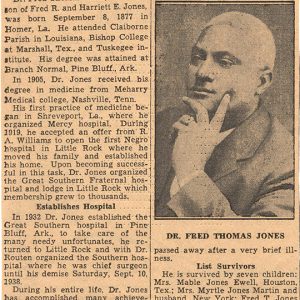 Jones Death
Jones Death
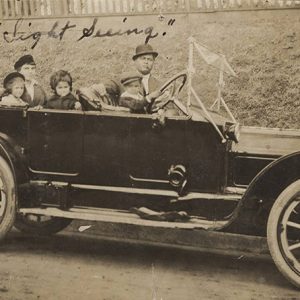 Jones Family
Jones Family
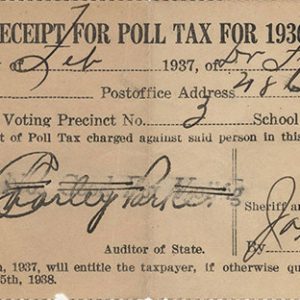 Jones Poll Tax Receipt
Jones Poll Tax Receipt
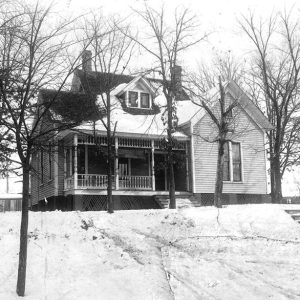 Jones Residence
Jones Residence
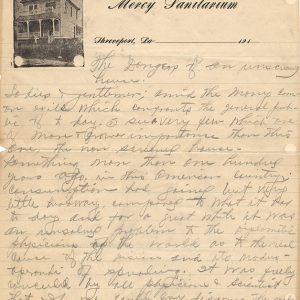 Jones Speech
Jones Speech
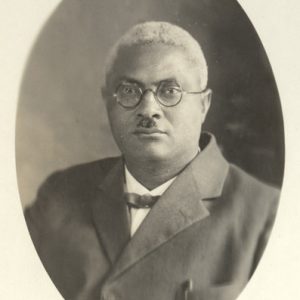 Fred Thomas Jones
Fred Thomas Jones
Jones, Fred Thomas
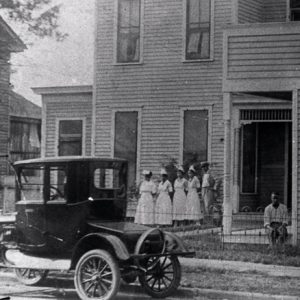 Fred Jones and Nurses
Fred Jones and Nurses
Jones, Judge (Lynching of)
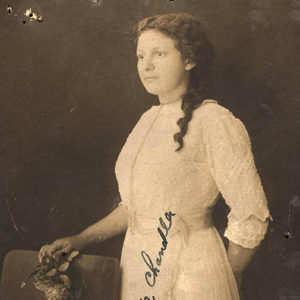 Katie Chandler Jones
Katie Chandler Jones
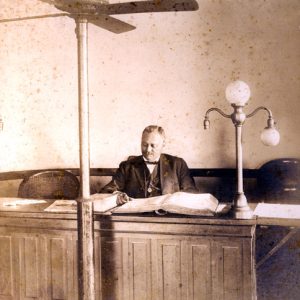 Scipio Jones
Scipio Jones
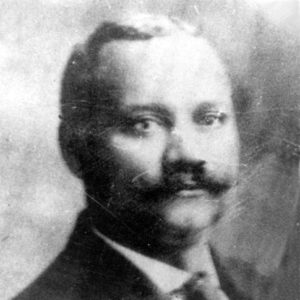 Scipio Jones
Scipio Jones
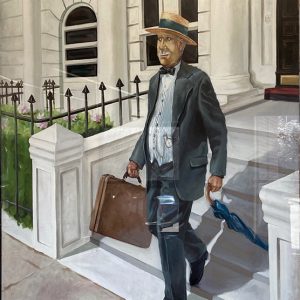 Scipio Jones Portrait
Scipio Jones Portrait
Jones, Scipio Africanus
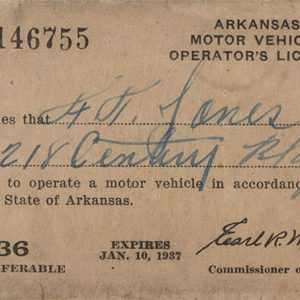 Jones's License
Jones's License
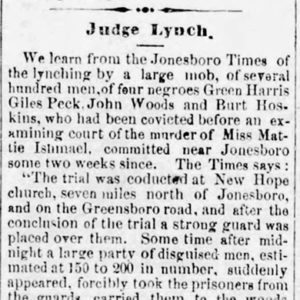 Jonesboro Lynching Article
Jonesboro Lynching Article
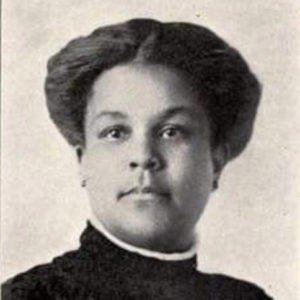 Mame Stewart Josenberger
Mame Stewart Josenberger




